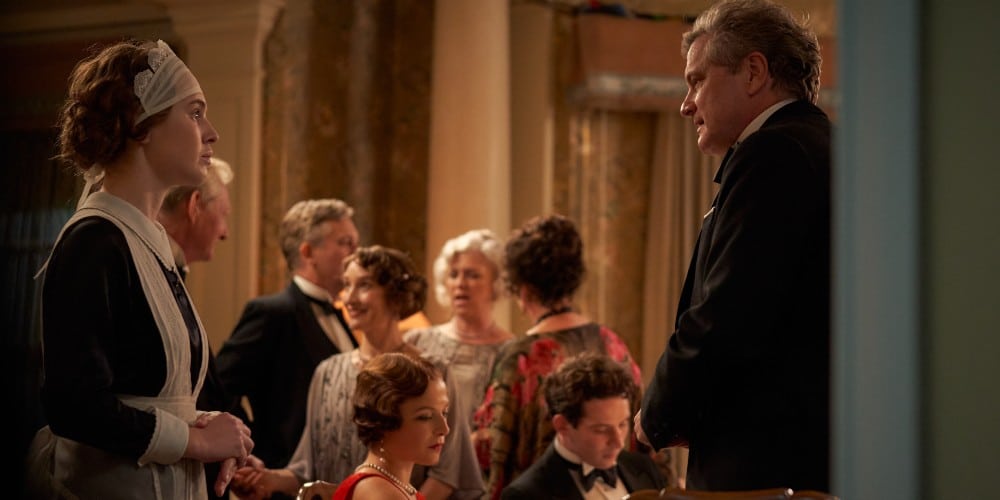Read also:
How to Watch FX Live Without CableHow To Watch AMC Without CableHow to Watch ABC Without CableHow to Watch Paramount Network Without CableEva Husson directs Odessa Young to a stupendous performance of a young woman’s birth as a writer in a story about the lingering impact of love.
An adaptation of Graham Swift’s 2016 novella of the same name, Mothering Sunday begins as a story about wartime loss and forbidden love. Directed by Eva Husson from a script penned by Alice Birch, it mostly takes place over one spring day in 1924 England, just five years after the end of the first World War. It’s Mother’s Day and the orphaned Jane Fairchild (Odessa Young), who works as a maid in the Nivens (Olivia Colman and Colin Firth) household, is given a day off. Since she doesn’t have a mother to celebrate the holiday with, Jane decides to spend the day with the only person in her life, her secret lover Paul Sheringham (Josh O’Connor).
The couple makes plans to meet at Paul’s house. But on this very special day, Jane doesn’t have to sneak in from the backdoor like usual. Paul’s parents are not home—they’re lunching with the Nivens and the Hobdays, whose daughter Emma (Emma D’Arcy) will marry Paul in about two weeks. As the three families gather at the lunch table near a beautiful river, Jane and Paul seize the opportunity to express their love for each other. They’re aware that this afternoon will most likely be the last time they get to be in each other’s company, so they make the most of it.

Husson shoots sex scenes intimately, always staying very close but in a way that doesn’t feel cheap or exploitative. Full-frontal nudity is not used for shock value, but to emphasize the intimacy between Paul and Jane, and to express a sense of freedom. The bright natural light captured by Moffie‘s cinematographer Jamie Ramsay, along with Morgan Kibby’s lovely classical score, gives the scenes tenderness and ethereal beauty. It’s not just lust and passion, it’s love. Love so deep and so true that for a moment it’s possible to forget that Jane and Paul come from different classes.
Though the romance between these two lovers may end soon—Paul plans to move to London after marrying Emma to continue his study of becoming a lawyer—the impact it leaves on Jane feels everlasting. In flash-forwards, Jane writes a novel while working at a bookshop—looking back at the time she shared with Paul, and the time she worked for the Nivens.
…Young’s terrific performance as a woman realizing she has nothing to lose sinks its hooks into the head and the heart.
In charting Jane’s journey—in further flash-forward, Glenda Jackson takes over the part from Young— Husson tries to play with both multiple timelines and a cavalcade of memories. And while the nonlinear storytelling does evoke a sense of nostalgia in a way that recalls Greta Gerwig‘s Little Women, most of the time it ends up feeling messy. Certain vital moments that would benefit from space to breathe are instead abruptly cut. The end result of these cuts is a climax that does not hit with the force it might otherwise, a climax that feels a bit unearned.
Still, despite these narrative shortcomings, Young’s terrific performance as a woman realizing she has nothing to lose sinks its hooks into the head and the heart. She commands the screen. O’Connor is equally excellent as her counterpart, exuding charm and sweetness in every gaze and every smile. Colman, in a supporting role, also leaves an unshakeable impression. Husson’s third feature may at times value style over substance to its detriment. But its portrayal of how memory and past relationships shape a person makes for a compelling watch. What begins as just a period drama about forbidden love blooms beautifully into a portrait of one woman’s creative birth.
Mothering Sunday releases in theaters on November 19th.